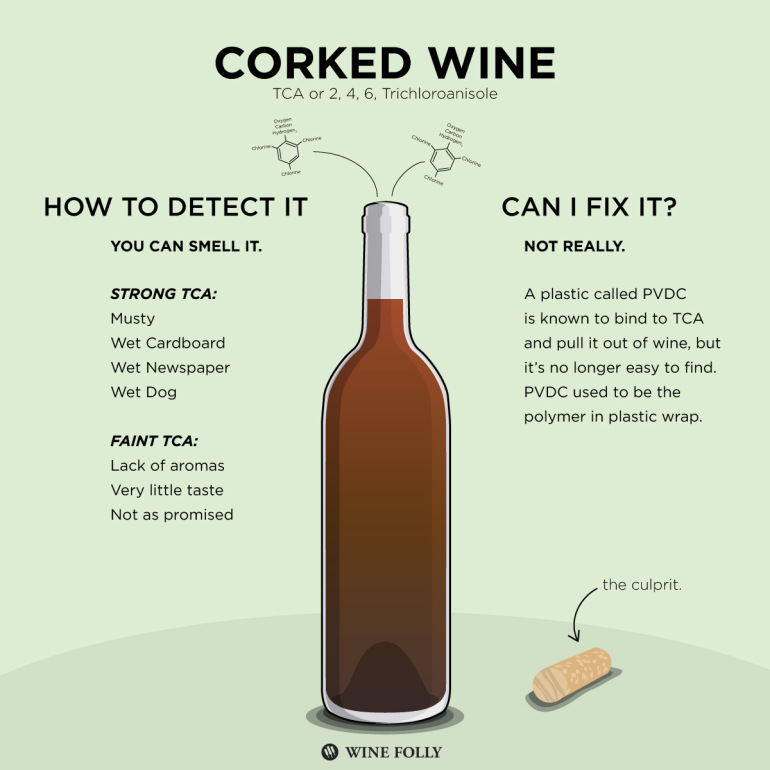

Riesling: Generally 3-5 years, though the very best can have a longer lifespan. Among the more age-worthy whites:Ĭhardonnay: 2-3 years. Zinfandel: This red wine will last for 2-5 years.Īgeing is typically a red wine’s game most whites don’t have the tannins to keep for more than 18 months or so. So, here are some guidelines for those who feel the need to quell the question, how long can I store it?Ĭabernet Sauvignon: With its tannins, this is among the best-ageing wines out there. Too often, though, the result is a bottle that gets forgotten, pulled out to enjoy only after the fruity, luscious juice inside has become more vinegar than nectar. You would think that this fact would take the anxiety over when to drink a bottle.īut, hey, people get anxious about wine, and there is always some bottle that seems worth hanging on to, safely stored in a special place for a special occasion. Most wine – and by “most” I mean 95% of it – is meant to be enjoyed, if not shortly after purchase, then within 12 to 18 months of the vintage date. This oxidation happens over a period of time. The oxygen in the air causes an oxidation reaction that turns ethanol into acetaldehyde. Port, the fortified wine from Portugal, has lots of sugar and more alcohol than dry table wine. A wine could go bad in a day if it’s an unstable natural wine, or it could last for a week if it’s a highly tannic, commercial red you haven’t touched since the night you accidentally opened it.The people who head to the store on the way home to pick up a bottle of wine for dinner have it right. Answer (1 of 4): Once a bottle of wine has been opened, oxygen will have access to the wine. The answer is: a very long time, generally longer than table wine. For sparkling wine, you have one to three days (it will for sure go flat, but it’s still drinkable, and sometimes chugging flat sparkling wine after a long day is better than no wine at all). If you were responsible enough to remember these precautions before you hit the hay, a bottle of red or white wine can last approximately between two and five days. These are all the things that take a bottle of wine from being next-day-decent to downright disgusting. By recorking and refrigerating, you’re limiting the wine’s exposure to oxygen, heat, and light. If youve just received a bottle of old red wine from us, and you plan to drink. The best way to keep wine after you’ve opened it is to remember to recork it and put it in the fridge. To uncork your bottle just after arrival can be a disservice to the wine. One is built to sit on gas station shelves for years and the other just got picked and has about three days before it dies. That would be like asking how long you have to eat a Snickers after you unwrap it versus how long you have to eat an organic banana after you peel it. This doesn’t always mean that the wine is ruined. This is due to the amount of alcohol (13.5 or more) and tannins in the wine. If a bottle has been exposed to excessive heat, the wine inside could start to expand, which can push the cork up, and there might also be sticky signs on the neck that wine has leaked out.
#Is wine safe to drink if uncorked full
Now here you are the next day/three days/week with half a bottle of wine and the timeless question: How long does an open bottle of wine last, really?īecause wine can be made in so many different ways, it’s impossible to give you a hard out on all wines. How long does uncorked red wine last Open full bodied red wine (like Zinfandel, Cabernet Sauvignon, Syrah/Shiraz) can maintain their flavor and stay fresh for 4 6 days.

Many wine connoisseurs are of the belief that if the drink is stored for long it. Storing it for long so it can become better is a practise known as ‘aging the wine’. In fact, most of them get better with age and develop more nutritious quality as well. Perhaps you opened that bottle of Gamay a little late in the evening, or you only needed a splash of Pinot Grigio for your linguine and clams. The drink can last for many years if it remains unopened and if it is properly stored. But when drinking wine became my job, I found myself with more half-full bottles than ever wines I loved and couldn’t bear to throw out just because they had been open for a day or two. Second, all organic wines are not created equal. First, like all wines, organic wines may have been fined with animal products, including egg whites or animal enzymes, so vegans be warned. I used to be one of those people who never left a bottle unfinished. Wine lovers wanting to drink green will reach for an organic wine.


 0 kommentar(er)
0 kommentar(er)
